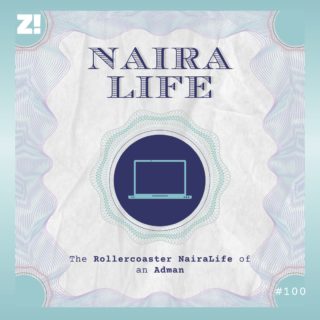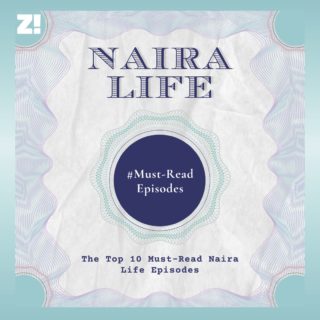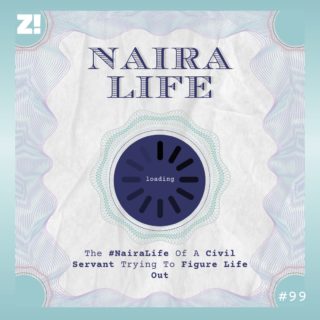
“How you dey?”
As with most languages and their ‘how are yous’, this is the base line of Pidgin English.Nigeria has more languages than most of the world; only Papua New Guinea and India rank higher. But at over 500 languages, if there’s anyone that brings us together, it is Pidgin English.
A woman in Delta State was ranting about how a flood destroyed her home and business.
But while people pitied her condition, it was her pidgin that got the most attention. Her pidgin, as you’d expect, is Delta pidgin.
E don tey, no be today
After crude oil, pidgin is the second biggest export from the Niger Delta. This fact, of course, is based on logistics. But Pidgin didn’t start yesterday, you’d have to travel back to the 15th century when White People first touched down in what is now the Niger Delta.
First in line were the Portuguese, and as they left with slaves, they also left behind some of their language. That hybrid of local languages and Portuguese was the beginning of Pidgin English.
You sabi pidgin?
‘Sabi’ is pidgin for ‘to know’. It’s from the Portuguese ‘saber’ of the same meaning. And ‘pikin’? That’s from the Portuguese ‘pequeno’, which means ‘small’.
After the Portuguese came the Dutch, and the English, and with each coloniser, more words were adopted into the local pidgin English.
And so, Naijá as a word was born from Niger.
This doesn’t mean pidgin is based off these languages alone. From the French, we learned ‘boku’, from the word ‘beaucoup’ which means ‘very much.’Back to our Pidgin Bae.
Her name as we’ve now learned is Kate Dekpe, a businesswoman in Delta State.
She opened an account, and now, just like most people who have already, you can now donate to help her build her life back. It will go a long way.I have found her!!! The lady with the poetic pidgin English. Her name is Kate Dekpe. She lost almost all her earthly possessions, but she did not lose her grit. I have asked her to open an account in her name. When she does so, I urge all my followers to donate #RenosNuggets pic.twitter.com/WOlHAVTpSD
— Reno Omokri (@renoomokri) September 17, 2018
The Delta State government has set up an IDP camp to cater for people affected by the flooding.These are the account details of Kate Dekpe, the poetic pidgin speaker whose viral video went I released yesterday. She has opened an account. Please help her with your donations. She lost almost all she had in that flood, but we can flood her with God’s love #RenosNuggets pic.twitter.com/C5gmYQDbCv
— Reno Omokri (@renoomokri) September 17, 2018




